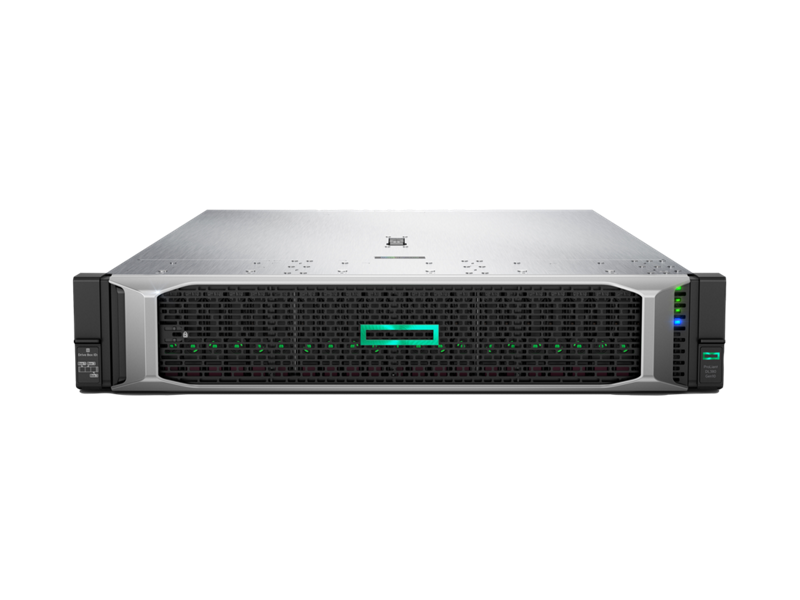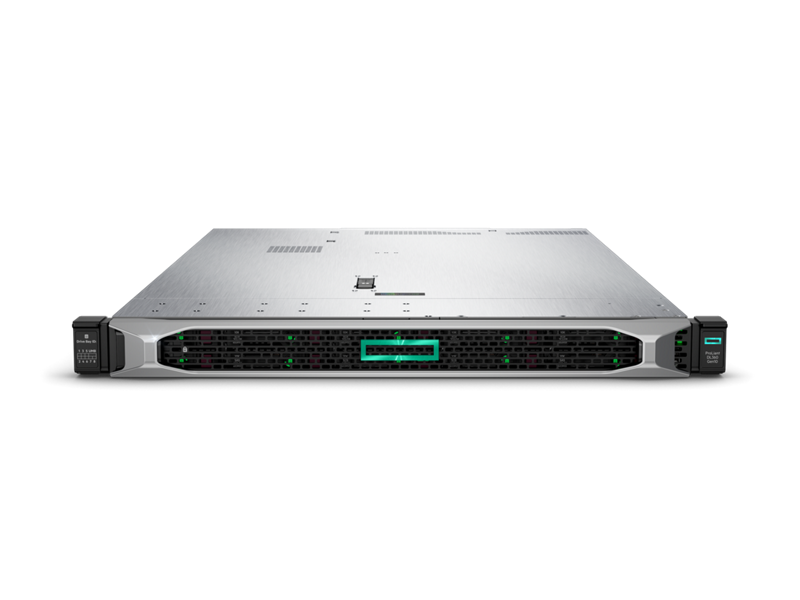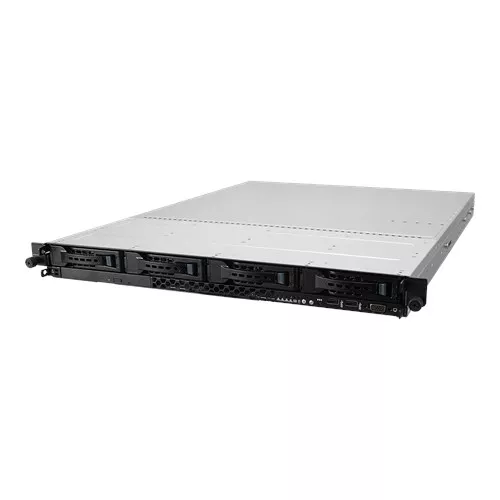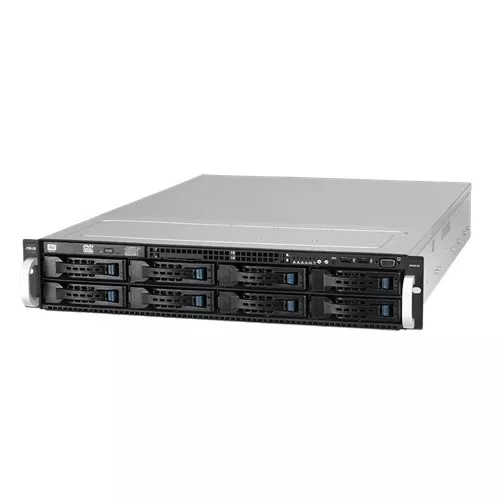The Resilience and Reliability of Physical Servers in Modern Infrastructures
Physical servers serve as the sturdy foundation of traditional infrastructures. Unlike virtual servers that share resources, physical servers are independent machines equipped with CPUs, RAM, storage drives, and networking capabilities. This tangible nature grants businesses direct control over their hardware, resulting in exceptional performance, reliability, and security. Physical servers remain vital in industries that require strict compliance, customization, and maximum control over their IT infrastructure.
While virtualization and cloud computing have gained popularity, physical servers remain a reliable choice for organizations seeking robust performance and stability. By leveraging physical servers, businesses can optimize resource allocation, fine-tune configurations, and ensure consistent performance for demanding workloads. The direct control over hardware resources enables businesses to meet specific requirements and regulations, making physical servers indispensable for critical applications, databases, and services. With their tangible presence and dedicated resources, physical servers empower businesses with unparalleled performance and unwavering reliability in their IT operations.
Popular Physical servers brands in India
Dell EMC is a prominent player in the server market, offering a wide range of servers for different purposes, from small businesses to large enterprises.
HPE provides a comprehensive range of server solutions, from entry-level servers to high-performance systems, often catering to businesses of all sizes.
Cisco is a leading networking and server equipment manufacturer, known for its enterprise-level networking solutions and servers.
Acer is a Taiwanese multinational company, not primarily recognized as a major player in the server market, it has ventured into server solutions for small-scale business needs.
Supermicro is a well-known brand for high-performance server solutions, including rackmount, blade, and tower servers, as well as server motherboards and components.
While Asus is primarily known for its consumer electronics, it also offers server solutions designed for various business needs.
IBM has a history of providing enterprise-level servers for diverse needs, although the company’s focus has shifted towards cloud and AI solutions in recent years.
Lenovo offers servers for various applications, including data centers, cloud computing, and enterprise IT environments.
Fujitsu is known for its reliable and energy-efficient server solutions, catering to businesses’ needs for performance and scalability.
Most Powerful Physical Servers
Physical Server Empowerment
The most powerful physical servers boast cutting-edge processors with multiple cores and high clock speeds, enabling them to handle complex computational tasks with remarkable efficiency. These servers can execute a vast number of instructions per second, ensuring rapid data processing and application performance.
Massive Memory Capacity
Powerful physical servers come equipped with extensive RAM capacity, allowing them to store and access large datasets efficiently. This ample memory enables quick retrieval of frequently used data, reducing latency and enhancing overall system responsiveness.
Lightning Speed
These servers often feature advanced storage solutions, such as solid-state drives (SSDs) or high-performance hard disk drives (HDDs). With lightning-fast read and write speeds, these storage systems facilitate rapid data access and seamless application performance.
Scalability and Expansion Options
The most powerful physical servers offer scalable architecture, allowing organizations to expand their computing resources as their needs grow. These servers support additional CPUs, RAM modules, and storage devices, ensuring flexibility and adaptability to changing workloads.
Robust Networking Capabilities
Powerful physical servers are equipped with multiple high-speed network interfaces, enabling seamless communication and data transfer between the server and other networked devices. This facilitates efficient data streaming, network-intensive applications, and high-bandwidth operations.
Efficient Physical Server Cooling
To maintain optimal performance and prevent overheating, powerful physical servers incorporate sophisticated cooling systems, including fans, heat sinks, and advanced airflow management. Additionally, they often feature intelligent power management mechanisms to optimize energy consumption while delivering maximum performance.
Reliability and Redundancy Features
The most powerful physical servers are built with redundancy in mind, featuring redundant power supplies, RAID configurations for data redundancy, and advanced fault-tolerant designs. These features ensure high availability and minimize the risk of system failures or data loss.







